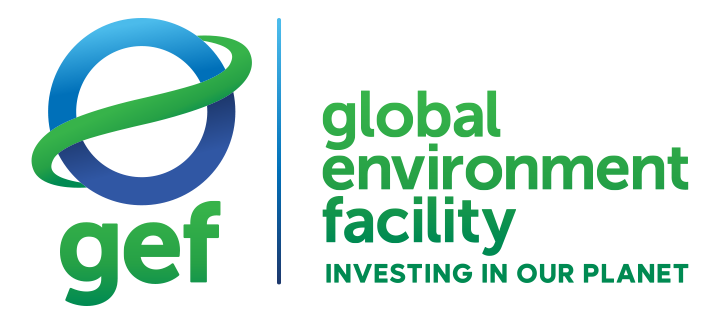A life dedicated to soil

The article was first published on FAO stories.
Soil is home to more than one-quarter of our planet’s biodiversity; 95 percent of the food we eat comes from the soil. Gulmira Dootalieva, a soil scientist at Kyrgyzstan’s State Agency for Land Resources, gathers, interprets, and analyzes information about the chemistry, biology, and physics of soil to better understand this key natural resource.
Gulmira has been working with the Kyrgyzstan’s State Agency for Land Resources for over forty years. This was her first employment right after school, just like for many other women who first joined the laboratory as chemists and laboratory assistants and remained until today when they have become grandmothers who also work faithfully for the benefit of the country and the food safety of people.
"Soil is life; without it there will not be a good harvest, which means there will not be enough high-quality food for us," says Gulmira. The contribution of Gulmira, her colleagues, and everyone to counter soil degradation processes – one of the most important global problems for agricultural production and food security – is celebrated annually on 5 December, World Soil Day.
"Working with the soil is a vocation," says Gulmira, smiling, who works along with four other women in the lab in Bishkek. Yet, times are changing.
Nowadays, young people are reluctant to connect their lives with such a profession, considering it poorly paid and not prestigious enough. Attempts to attract young specialists to work in the laboratory have yielded limited success, putting the future of the soil analysis work in jeopardy.
At the beginning of this year, an FAO project, funded by the Global Environmental Facility (GEF), helped the State Agency renew its special facilities by purchasing new equipment for the laboratory. This not only changed the atmosphere and working conditions for soil analysts, but also allowed for better and faster collection and cultivation of soil for the benefit of farmers, private entrepreneurs, departments, and academia.
"Our equipment has not changed since the Soviet Union times," Gulmira admits. “We felt happy as children with the new toys, as such an update will help us not only to do our job better, but also possibly attract young people to work with us; they love technology and all these fashionable things."
The new equipment provided by the GEF-funded project on sustainable management of mountainous forest and land resources under climate change can help ensure better soil fertility and reduce soil degradation in Kyrgyzstan. A new generation of soil scientists will help bring new eyes and perspective to this very interesting and important work and will build on the great work already in place by women soil scientists like Gulmira.
Project: Sustainable Management of Mountainous Forest and Land Resources under Climate Change Conditions

